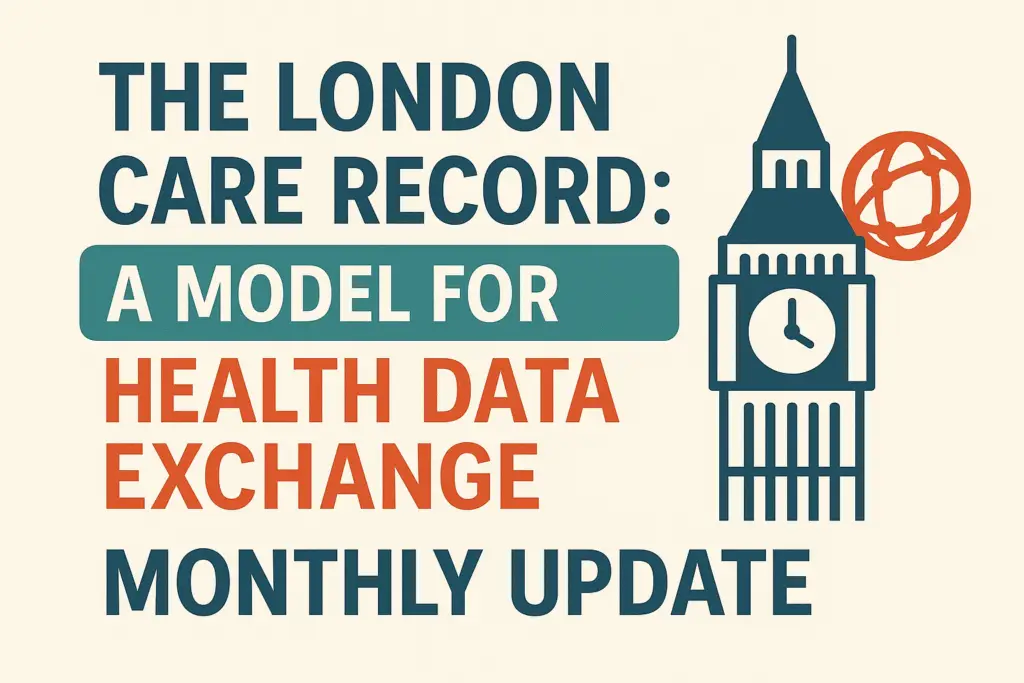The digitization of health records has long been hailed for its potential to enable more coordinated, efficient care. But the vision of seamless data sharing across organizations has proved difficult to realize. Proprietary systems, privacy concerns and fragmented governance have hindered progress.
The London Care Record provides a leading model in overcoming these barriers. Launched in 2018, the program allows authorized health and care professionals to access integrated records across the capital’s NHS trusts, general practices, pharmacies and other providers. The scale of collaboration involved is unprecedented.
Five years since its rollout, usage statistics testify to the London Care Record’s expanding integration in clinical workflows. Over 30 million views have occurred to date, with 1.4 million in May 2023 alone. The number of professionals accessing the system grew 38% from the previous year. Major providers like cardiac monitoring services and care homes are now coming onboard.
This progress reflects the success of a centralized, governance-first approach. NHS England has coordinated capital-wide participation and upgrades. Strict controls regulate access and sharing. Clinicians are being engaged early and often. The results underline that cooperation and smart policy can unlock health data exchange at scale.
Work remains to smooth technical edges and deepen clinical buy-in. But the London Care Record provides a template for how a fragmented system can start connecting care. This data integration may finally start to fulfill the promise of digitization – providing physicians a more comprehensive view of the patient journey to drive better outcomes. As care delivery organizations look to break down silos, they would do well to follow London’s lead.

